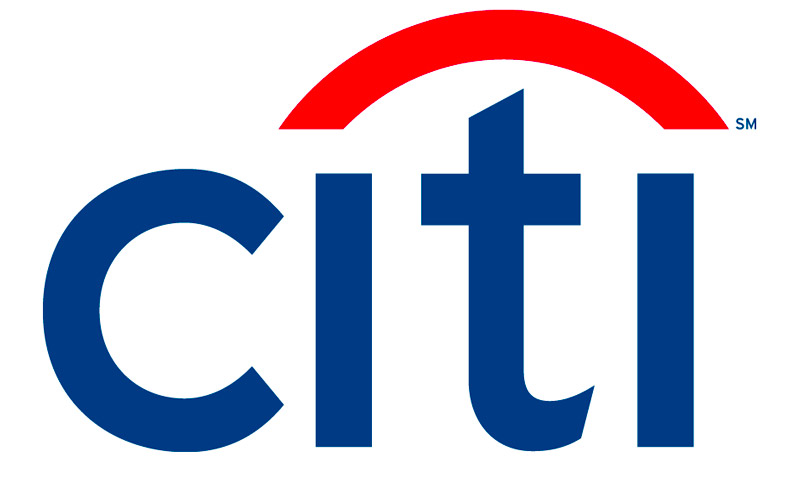|
Health and Community Development Leaders Promote Equitable Approaches to Caring for People and Places 5/2/2023 Over 150 attendees participated in the seventh annual Healthy Homes and Communities Summit hosted by the Housing and Community Development Network of New Jersey (the Network) last week. Community developers, health care professionals, public officials and housing advocates convened to share resources and best practices to address housing and health inequities impacting vulnerable NJ communities. The virtual event included sessions addressing climate change, fair housing, homelessness prevention, childhood lead poisoning prevention and public health and safety. “Climate change is a growing threat as extreme temperatures and severe storms are becoming a burden for low-income households,” said Staci Berger, president and chief executive officer of the Network. “It’s also imperative we address the effects of systemic racism that continue to cause disparate health outcomes and the racial wealth gap, both of which are driven by the lack of affordable, safe places for Black and Brown residents to call home. These are among just some of the issues that put the health and safety of our most vulnerable residents and our communities at risk.” “Discrimination in the housing market has driven many Black and Latino families to highly segregated neighborhoods with lower housing quality, higher concentrations of poverty, and less access to good jobs, clean air and water, healthy food and quality schools,” said Dr. Julie Morita, executive vice president, Robert Wood Johnson Foundation (RWJF). “COVID-19 exacerbated the barriers to healthy homes by creating more housing instability for communities of color, deepening the housing affordability crisis that existed well before the pandemic.” RWJF has been dedicated to building a Culture of Health that provides everyone in America with a fair and just opportunity for health and well-being. RWJF Culture of Health Leader Katie Brennan elaborated upon that work, discussing ongoing research on best practices and policy solutions that can address the health and safety of vulnerable residents facing housing insecurity in disaster areas. “There is a lack of emergency housing outside of the hotel system, which is expensive and temporary, not to mention the lack of affordable housing,” said Brennan. “We need to be focused on prevention and critical community infrastructure because unfortunately we know that the next storm is when and not if." “Disaster recovery work is equity work because we know that households that bear the brunt after a disaster are those families that have already been struggling,” said keynote speaker Alicka Ampry-Samuel, U.S. Department of Housing and Urban Development (HUD) Regional Administrator for NY/NJ. “Since 1992, HUD has provided nearly $100 billion to support communities long-term from disasters with the CDBG disaster recovery funds. We know we need to plan ahead and do it with communities.” In her remarks, Ampry-Samuel also discussed HUD’s work on lead poisoning prevention, renter protections, and fair housing. Providing a state level perspective, NJ Housing and Mortgage Finance Agency (NJHMFA) Executive Director Melanie Walter and NJ Department of Community Affairs (NJDCA) Division of Housing and Community Resources Assistant Commissioner Janel Winter discussed similar efforts being undertaken by the Murphy Administration within their respective agencies. Recent provisions to NJHMFA's Qualified Allocation Plan include provisions that will build on site selection criteria including those addressing social determinants of health such as access to green spaces, transportation, jobs, opportunities to higher education and environmental factors. NJHMFA has also launched new incentives for development teams that include minority and women-owned businesses with a meaningful stake in the project to help build a pipeline for new and emerging developers in the affordable housing space as well as developing a predevelopment funding program to help increase capacity. Meanwhile, NJDCA is actively focused on sustaining New Jerseyans in their homes and communities by providing more than $1.3 billion in rental assistance and serving 75,000 residents through the COVID-19 Emergency Rental Assistance Program and 31,000 through the Eviction Prevention Program. “We will continue to have a strong effort to address homelessness when it happens but we want to be able to start that work at a higher level so that we can avoid people having to become homeless before they can access some of our services,” said Winter. “That's not what any of us want, that's a perverse incentive. We want to make sure that we do everything that we can to keep people from crossing that cusp.” Assembly Housing Committee Chair Yvonne Lopez (D-Middlesex) provided an update on initiatives under consideration in the NJ Legislature to make NJ healthier such as Code Red, lead poisoning prevention, and homelessness services. “When our residents have access to safe and affordable housing stock, their overall quality of life and health improves,” said Asw. Lopez. “Climate change, access to energy efficiency programs, and low affordable housing stock are just some of the many issues that impact our housing health.” Featured Summit sessions included: Taking Climate Action: Creating Solutions for Vulnerable Communities Facing Climate Change, Creating Community Health and Safety: An Equitable Approach to Caring for People and Places, Funding the Foundation of Well-Being: Advancing Housing Stability and Health Outcomes, and Getting the Lead Out in 2023: New Tools and Possibilities for Ending Childhood Lead Poisoning. About the Housing and Community Development Network of NJ
|













